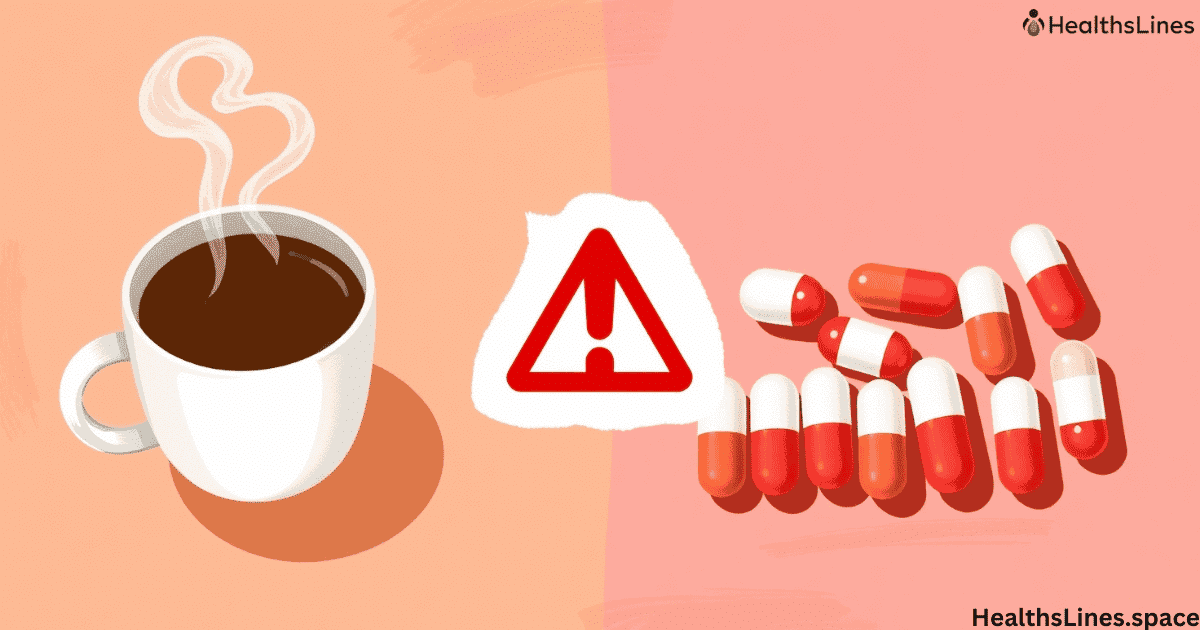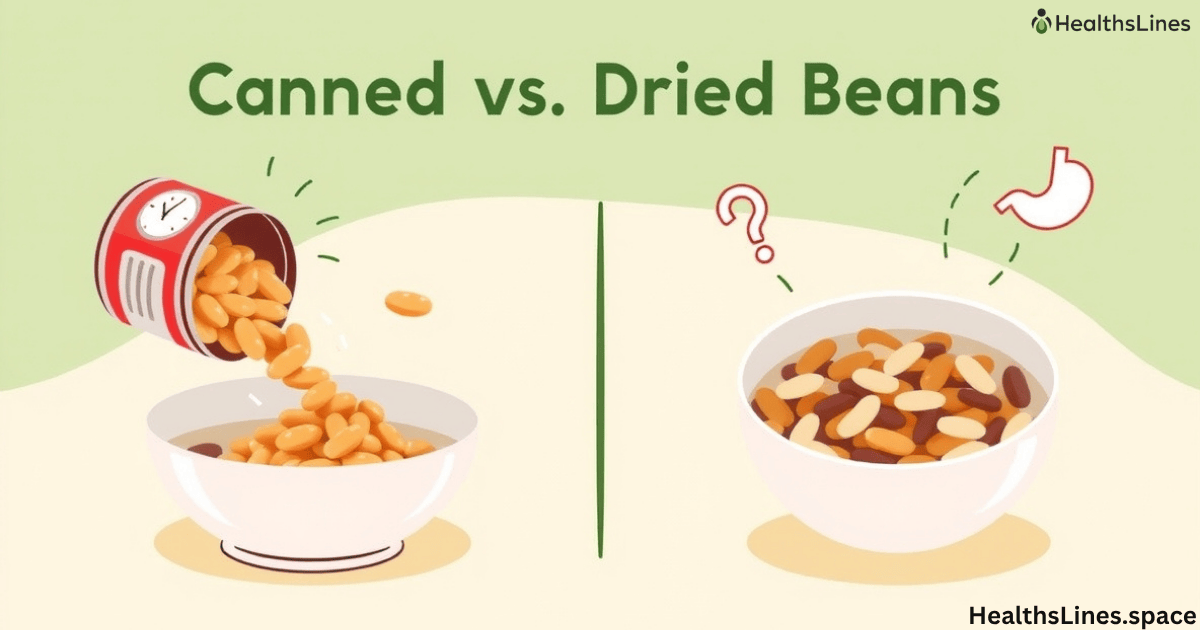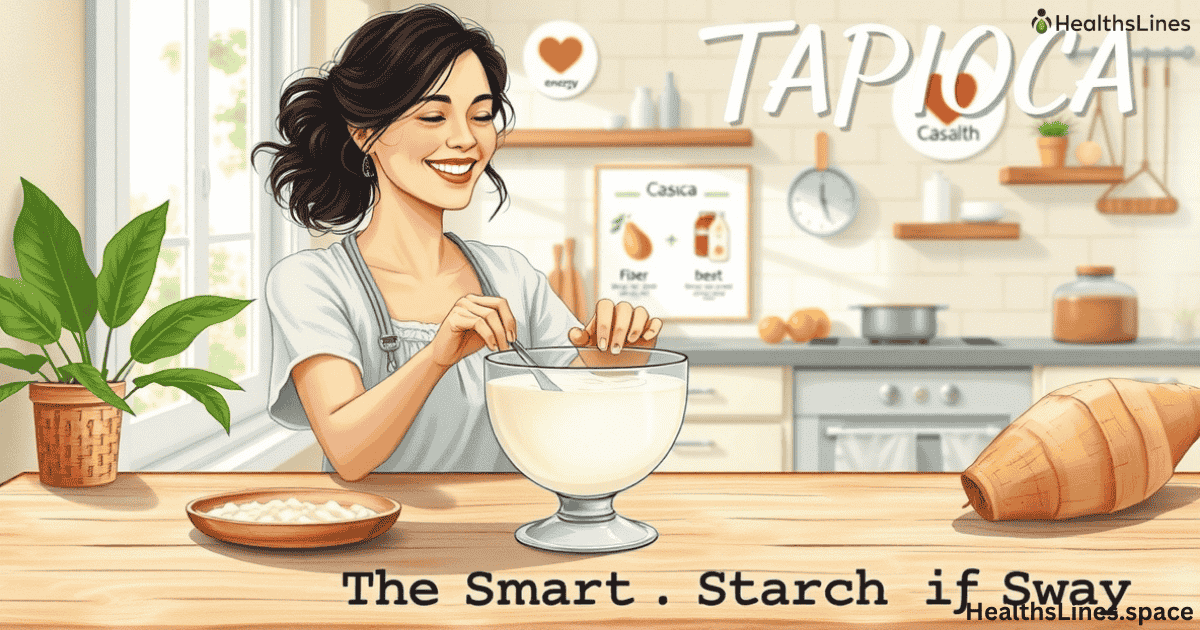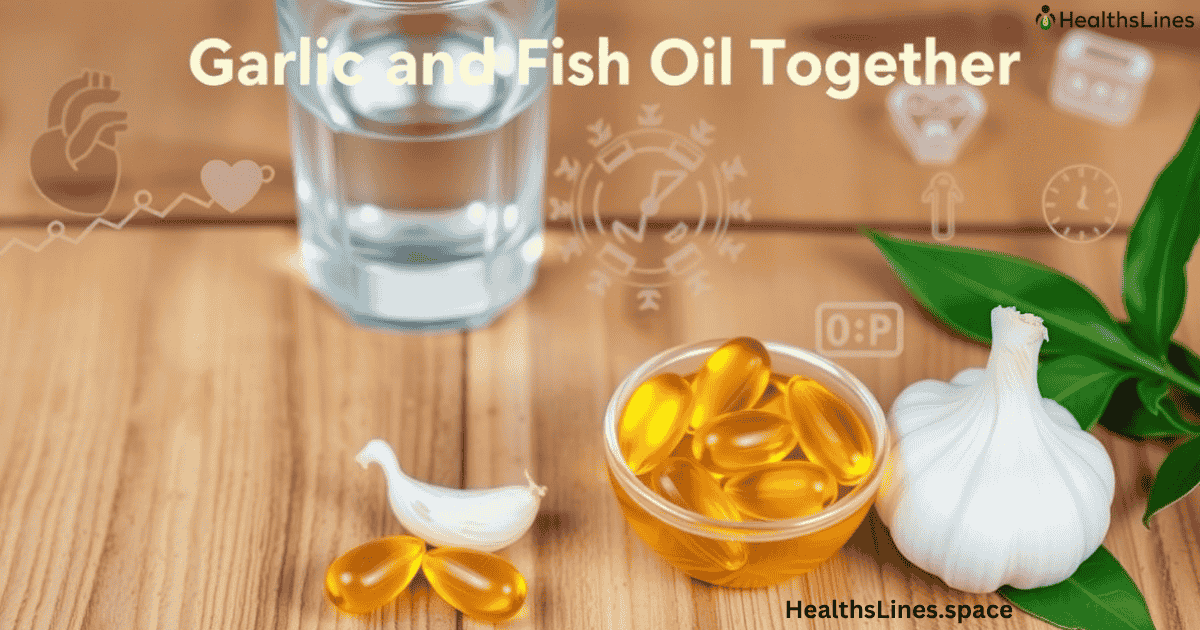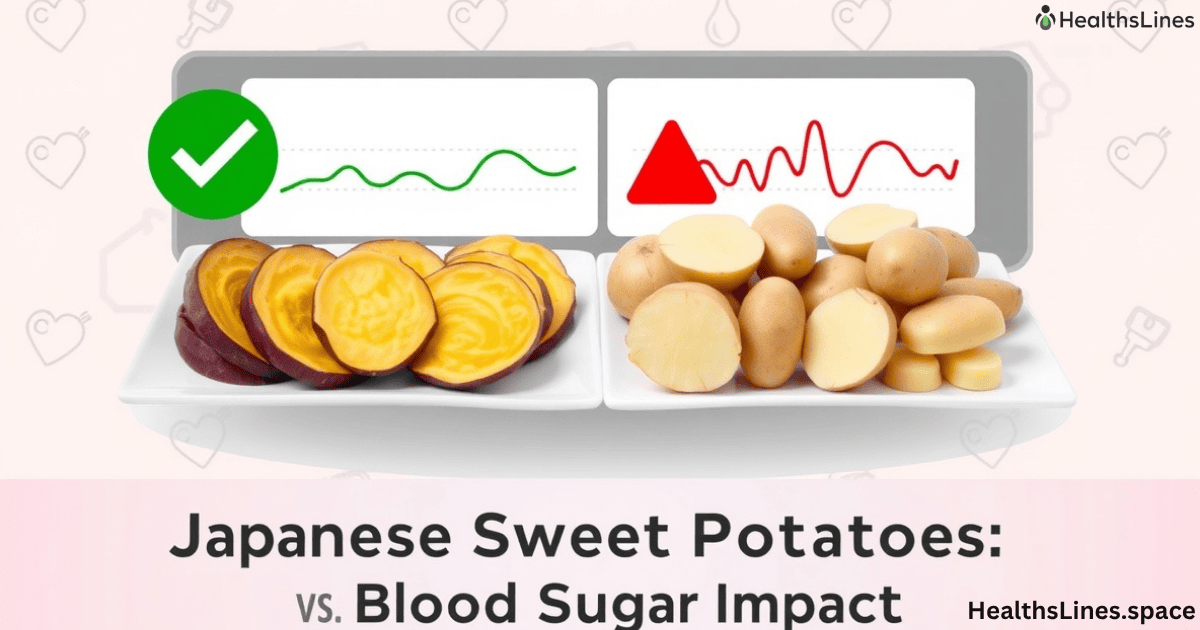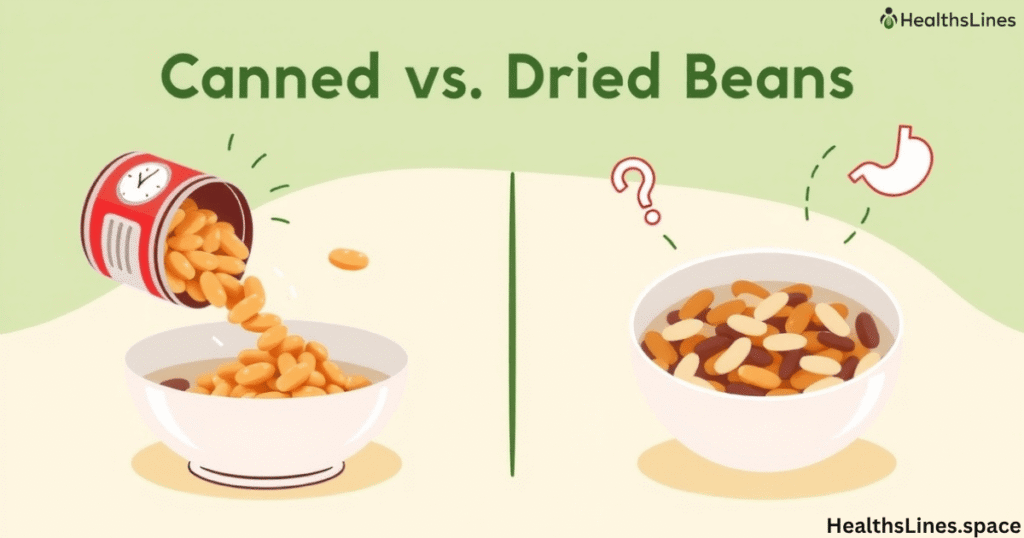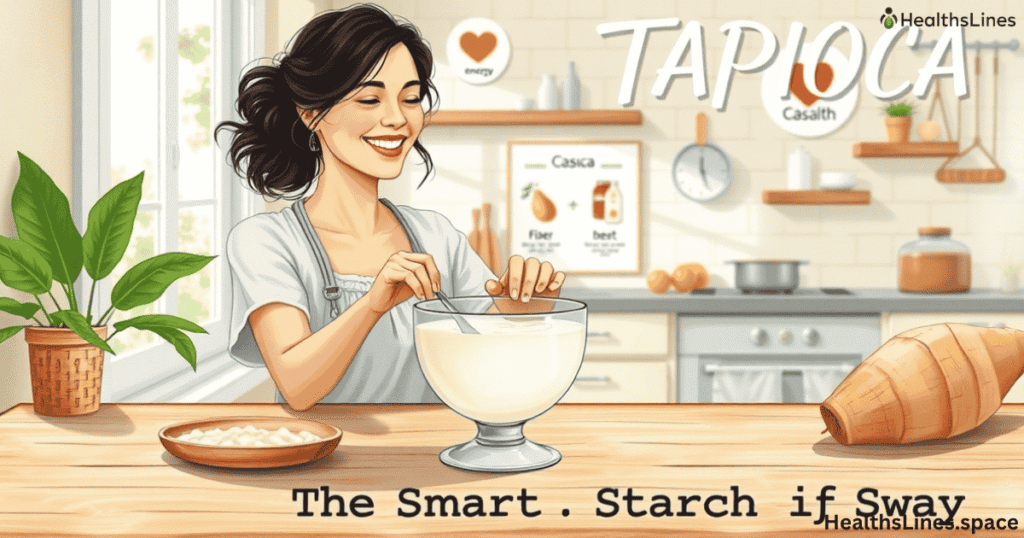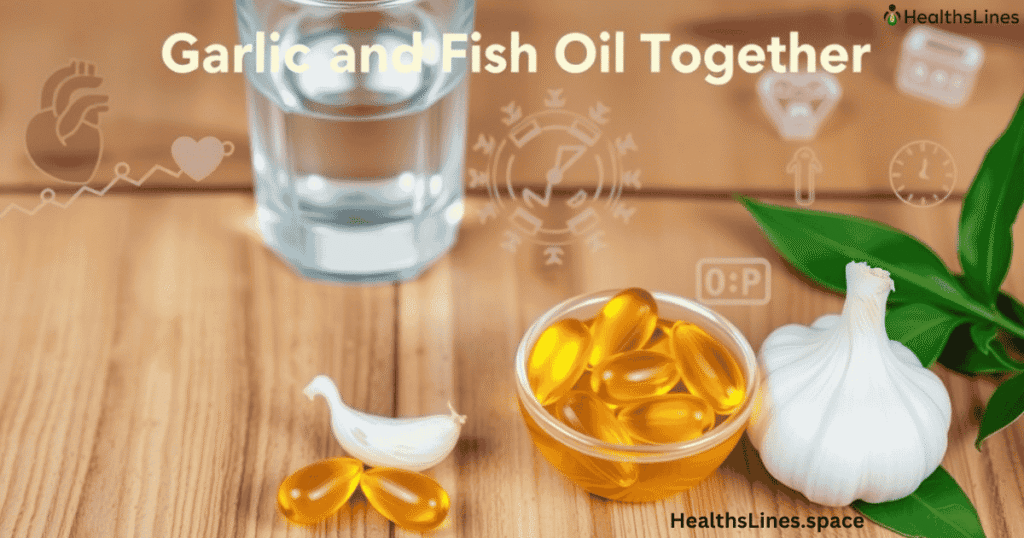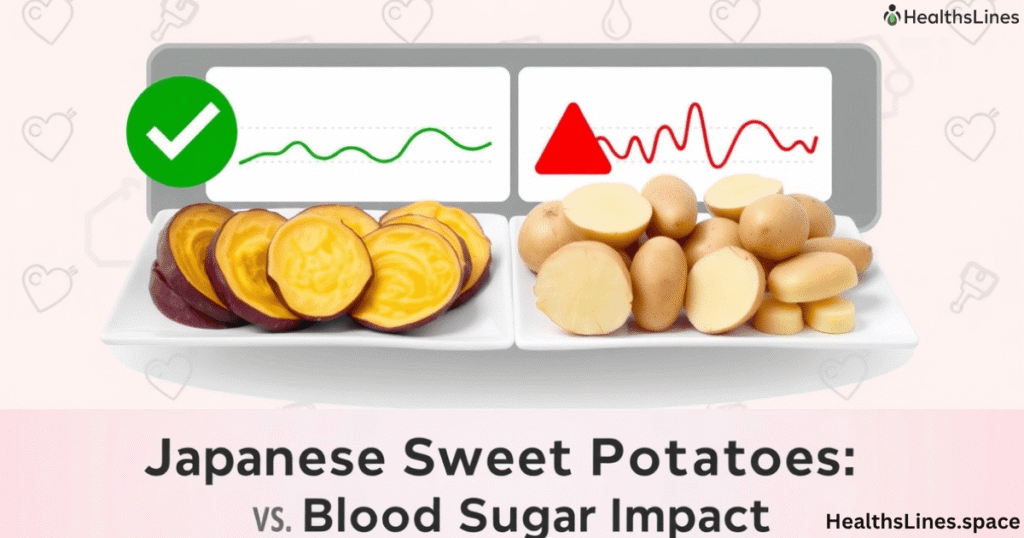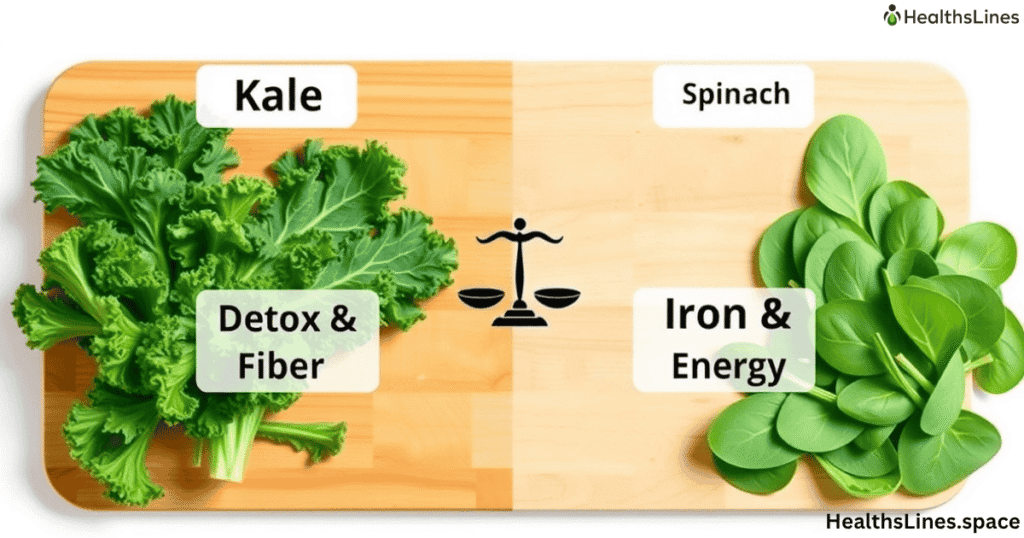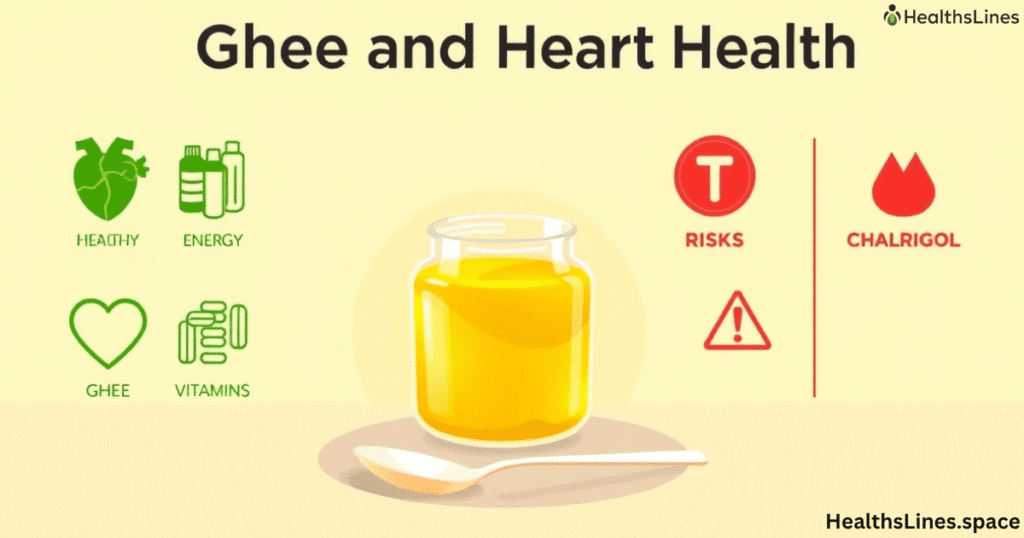Coffee Drug is a drink loved by millions. It wakes you up, sharpens your mind, and gives you comfort with every sip. But coffee is not always safe when mixed with certain medicines. Some medications you should not take with coffee because caffeine changes how they work in your body. This can lead to side effects, weaker treatment, or even dangerous health problems.
The truth is simple. Mixing coffee with medications can stop your body from absorbing drugs or make the drugs too strong. Doctors call this caffeine and drug interactions. Knowing which medicines you should never mix with coffee can protect your health. Let’s look at why coffee interacts with medicines and which 12 types you should avoid mixing with it.
Why Coffee Interacts With Medications
Coffee changes the way medicines act inside your body. Caffeine is the main problem. It is broken down by the liver using an enzyme called CYP1A2. Many drugs use the same pathway. If coffee and medicine compete for the same spot, one of them may build up to harmful levels, while the other may not work at all.
Another issue is caffeine absorption interference. Coffee in the stomach can block some drugs from being absorbed. For example, with coffee and thyroid medication, the medicine may lose half of its power if taken with coffee. Similar problems happen with coffee and antibiotics. That is why doctors warn about drug food interactions with coffee and tell patients to avoid mixing the two at the same time.
12 Medications You Should Never Take With Coffee
Anticoagulants (Warfarin, Heparin)
Anticoagulants are blood thinners. They prevent clots that can cause strokes or heart attacks. But drinking coffee with them can make your blood too thin. Caffeine raises heart rate and blood pressure, making bleeding risks higher.
Research in the National Library of Medicine showed that caffeine changes clotting response. This means coffee and prescriptions for blood thinning are a dangerous mix. If you are on these drugs, limit or avoid coffee.
Antidepressants (SSRIs, MAOIs, Tricyclics)
Coffee and antidepressants do not go well together. Caffeine increases anxiety, restlessness, and trouble sleeping. MAOIs are especially risky because they can cause blood pressure spikes when mixed with caffeine.
Doctors often remind patients that it is safe to drink coffee while taking antidepressants depending on the type and the dose. If you feel shaky, nervous, or sleepless, coffee may be the problem.
Antipsychotics (Clozapine, Olanzapine)
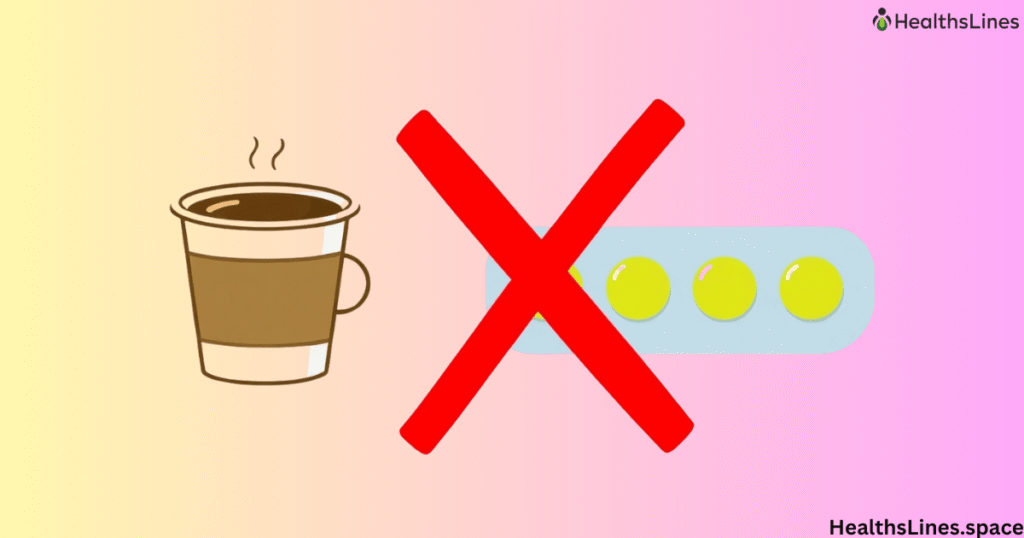
These medicines treat mental health conditions like schizophrenia. Coffee lowers how much of the drug your body absorbs. That means treatment becomes weaker and symptoms may return.
Experts say this is one of the clear medicines affected by caffeine. Patients are told to avoid coffee near the time they take their pills to keep drug levels steady.
Asthma Medications (Theophylline)
Theophylline is a drug used for asthma. It relaxes the airways to help breathing. But it is very similar to caffeine. If you drink coffee with it, the drug may build up to toxic levels. This can cause fast heartbeat, shaking, or nausea.
Doctors call this one of the most dangerous caffeine and drug interactions. For asthma patients, skipping coffee is often the safest choice.
Blood Pressure Drugs (Beta-blockers, ACE inhibitors)
Coffee fights against blood pressure medication. Beta-blockers slow the heart, while caffeine speeds it up. This makes the medicine weaker and blood pressure harder to control.
Harvard Health explains that how coffee affects blood pressure medication depends on the drug and the person. Some patients must quit caffeine, while others only need to adjust timing.
Cholinesterase Inhibitors (Alzheimer’s Drugs)
These medicines help with memory and brain function in Alzheimer’s disease. But coffee makes side effects worse. Patients may feel dizzy, sick to the stomach, or restless.
Older adults are more sensitive to caffeine. Doctors warn caregivers about this coffee and prescription problem. Limiting caffeine can make treatment more comfortable.
Cold and Allergy Medications (Pseudoephedrine)
Cold and allergy medicines already raise blood pressure and make the heart beat faster. Adding coffee doubles these effects. The result is jitters, sweating, and sometimes chest pain.
Since people often take cold drugs without thinking, coffee and medicine side effects can surprise them. Reading labels and avoiding coffee with decongestants is a smart step.
Diabetes Medications (Insulin, Metformin)
Coffee changes how the body handles blood sugar. Caffeine makes insulin less effective and may raise blood sugar after meals. For people with diabetes, this creates ups and downs that are hard to manage.
Doctors warn that what not to mix with coffee includes certain diabetes drugs. Talking to your doctor about the best time to drink coffee when using insulin or metformin is very important.
Methotrexate (Cancer and Autoimmune Therapy)
Methotrexate is a strong drug for cancer and autoimmune diseases. Coffee slows how fast the body clears it. This leads to buildup, which can damage the liver and cause severe fatigue.
This is one of the clearest examples of medicines you shouldn’t drink with coffee. Patients are usually told to avoid caffeine completely when on methotrexate therapy.
Osteoporosis Drugs (Bisphosphonates like Alendronate)
Osteoporosis drugs are taken to make bones stronger. But coffee blocks their absorption. This lowers drug strength and leaves bones at risk of breaking.
Doctors say coffee reduces drug effectiveness with bisphosphonates. The right way to take these medicines is with plain water on an empty stomach. Coffee must wait at least 30 minutes.
Quinolone Antibiotics (Ciprofloxacin, Norfloxacin)
Mixing coffee and antibiotics is a common mistake. These drugs slow down the breakdown of caffeine, making it build up in the system. This causes extreme restlessness, insomnia, and headaches.
The answer to what happens if you drink coffee with antibiotics is clear: you may feel sick and the treatment may not work well. Avoiding coffee during antibiotic therapy is the safest step.
Thyroid Medications (Levothyroxine)
This is one of the most well-known medications to avoid with caffeine. Studies show that coffee lowers the absorption of levothyroxine by up to 30 percent. This leaves hypothyroidism untreated.
Doctors tell patients why you shouldn’t drink coffee with thyroid medication because the drug must be absorbed on an empty stomach. The best routine is to take it with water, then wait an hour before having coffee.
Who Should Limit or Avoid Coffee Altogether
Coffee is enjoyed by millions for its taste and energy boost, but it isn’t right for everyone. Some people need to limit or avoid it because of how caffeine affects the body. For example, people with heart disease risk or high blood pressure may find that coffee makes their heart beat faster or raises blood pressure levels. Over time, too much caffeine can stress the heart and blood vessels.
Those with anxiety disorders or sleep problems should also be careful. Caffeine is a stimulant, which means it can increase nervousness, restlessness, and make it harder to sleep. Drinking coffee late in the day can lead to insomnia or poor-quality sleep. They are advised to keep caffeine very low, since it can cross the placenta and affect the baby. Doctors usually suggest no more than 200 mg of caffeine per day during pregnancy, which is about one small cup.
Children and teenagers should also limit coffee, since their bodies are more sensitive to caffeine. For people with stomach problems, such as acid reflux or ulcers, coffee can make symptoms worse by increasing acid production. While coffee has benefits, like antioxidants, it is not safe for everyone. In these cases, cutting back or switching to caffeine-free options may be the healthier choice.
Talking With Your Healthcare Provider
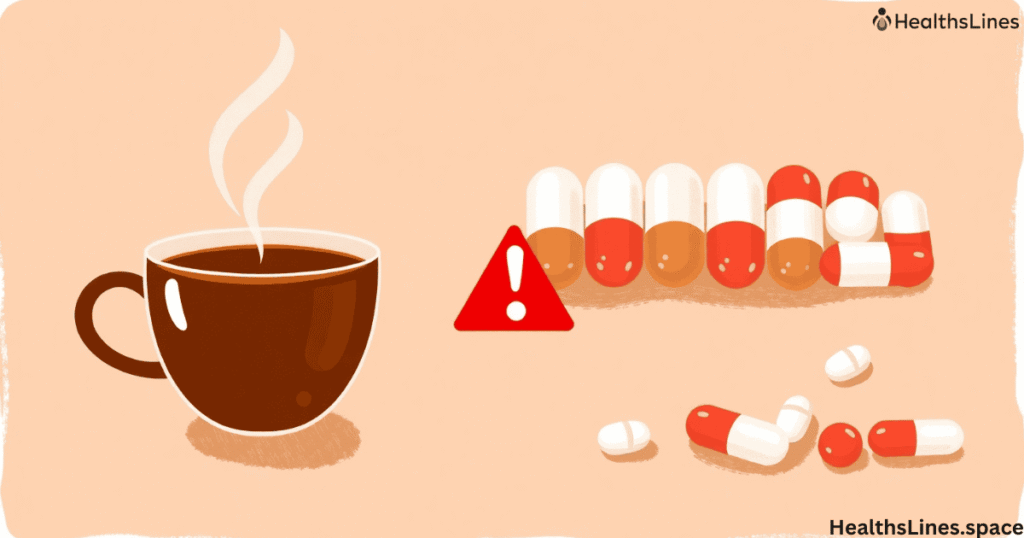
Doctors and pharmacists stress that you should always mention your coffee habits when discussing medicines. Many people forget, but this can explain why a drug is not working or why side effects appear.
A simple solution is to ask your doctor about the best time to drink coffee when on medication. In many cases, waiting one or two hours is enough to avoid problems. This advice helps protect you from side effects of mixing coffee with medicine.
Table: Medications and Their Coffee Risks
| Medication Type | Risk When Taken With Coffee | Safe Practice |
| Anticoagulants | Higher bleeding risk | Limit or avoid coffee |
| Antidepressants | Anxiety, blood pressure spikes | Time coffee separately |
| Antipsychotics | Reduced drug absorption | Avoid coffee near dosage |
| Asthma drugs (Theophylline) | Toxic buildup, fast heartbeat | Skip coffee during treatment |
| Blood pressure drugs | Weakens drug effect | Separate coffee by a few hours |
| Alzheimer’s drugs | More nausea, dizziness | Limit caffeine intake |
| Cold/allergy meds | High heart rate, jitters | Avoid caffeine while taking |
| Diabetes meds | Blood sugar swings | Ask doctor for safe timing |
| Methotrexate | Liver toxicity | No coffee during therapy |
| Osteoporosis drugs | Poor absorption | Take with water, wait before coffee |
| Antibiotics | Jitteriness, poor sleep | Avoid caffeine during course |
| Thyroid meds | Reduced absorption | Take on empty stomach, wait before coffee |
Conclusion
Coffee may seem like a safe daily habit, but with certain medicines it can turn risky. The list of medications you should not take with coffee is long, and the side effects can be serious. From weaker drug absorption to dangerous buildup, the dangers of coffee and medicine side effects are well documented.
The best approach is simple. Take medicines with water, wait before having coffee, and talk with your doctor about safe timing. By learning about medications to avoid with caffeine, you can still enjoy your coffee while keeping your treatment safe and effective.
